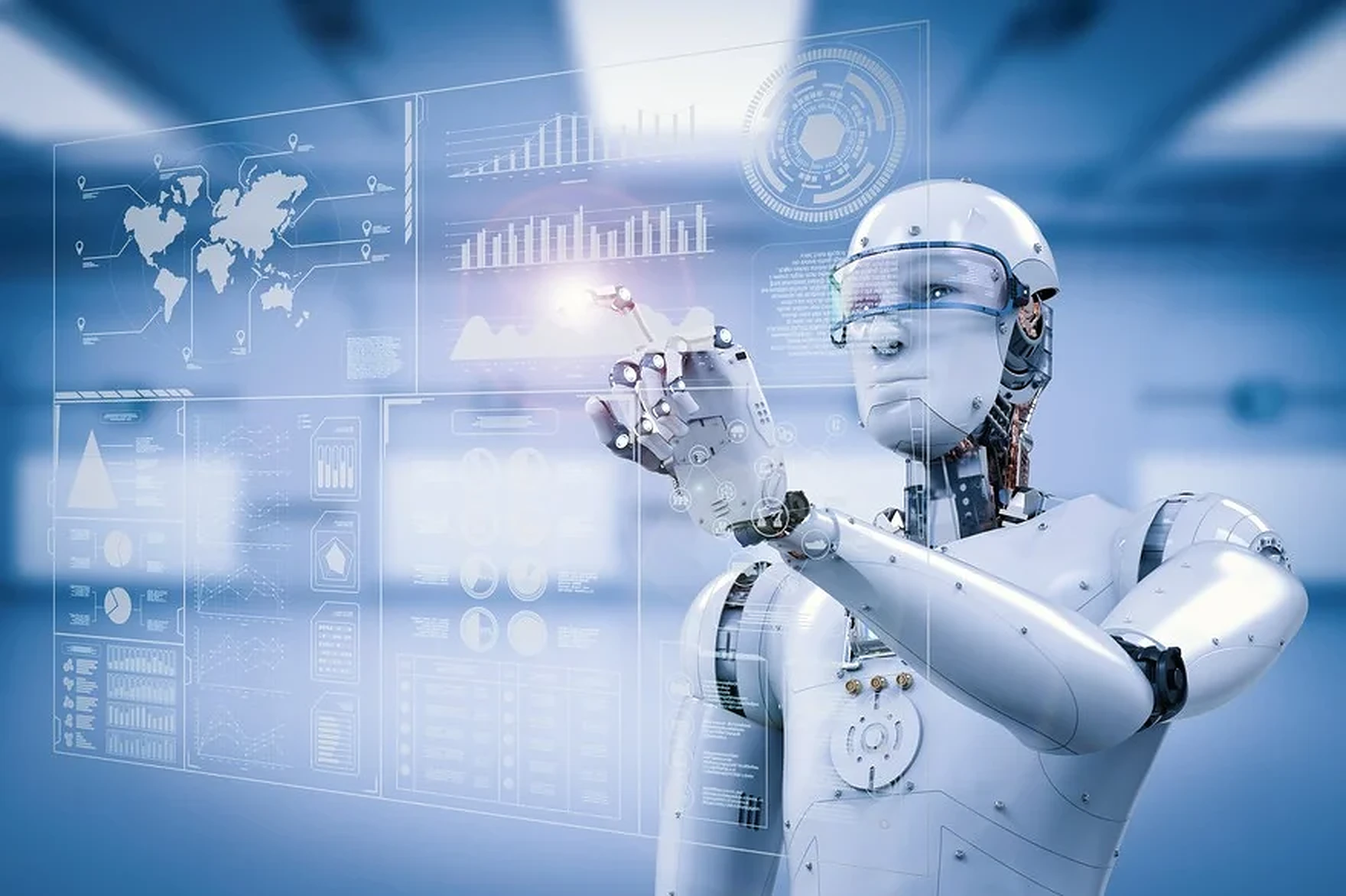AI has been dominating tech and business headlines in recent months, with ChatGPT in particular creating an unprecedented amount of buzz surrounding artificial intelligence.
Paul Farhi, the founder of Solidus AI Tech, recently shared his insight on the advent of blockchain-based artificial intelligence, highlighting its practical differences to more conventional AI.
Speaking exclusively to Crypto Intelligence News, Farhi highlighted the security benefits of blockchain-based AI.
“Blockchain-based systems are more resilient and less exposed to cyber vulnerabilities. They offer enterprise level traceability and a native blockchain revenue stream,” he told this publication.
“They offer a stronger level of encryption, more autonomy and more resilience.”
Solidus AI Tech is yet to launch its AI-related services – which will have applications in chat bots, sales and marketing automation, medical software, and autonomous vehicles – but they are scheduled to go live at some point in 2023.
“Our engineering team has already developed software modules to cover each vertical and we have a continuous research and development activity to sustain the demand,” Farhi added.
“We will also have an Artificial Intelligence market place where freelance developers or startups can publish their work into our platform under a revenue share business model.”
Asked about the risk of AI disrupting the labour market and causing mass redundancies, Farhi noted that certain jobs are at a greater risk of being made obsolete than others.
“AI has the potential to automate certain tasks and roles traditionally performed by humans, leading to changes in the job market,” he said.
“Routine and repetitive jobs are more susceptible to automation, while tasks requiring complex decision-making, creativity, and social interaction are less likely to be fully automated in the near future.”
Farhi stressed that AI will also create new employment opportunities and suggested that the mass adoption of AI-based solutions won’t necessarily result in a net loss of jobs.
“While AI may lead to job displacement in some areas, it can also create new job opportunities and change the nature of work.
“It has the potential to augment human capabilities, improve productivity, and unlock new industries and innovations.
“The overall impact of AI on the labor market will depend on various factors, including the pace of technological advancement, the ability of individuals and organizations to adapt, and the policies and regulations in place to address the challenges and opportunities presented by AI,” Farhi concluded.




